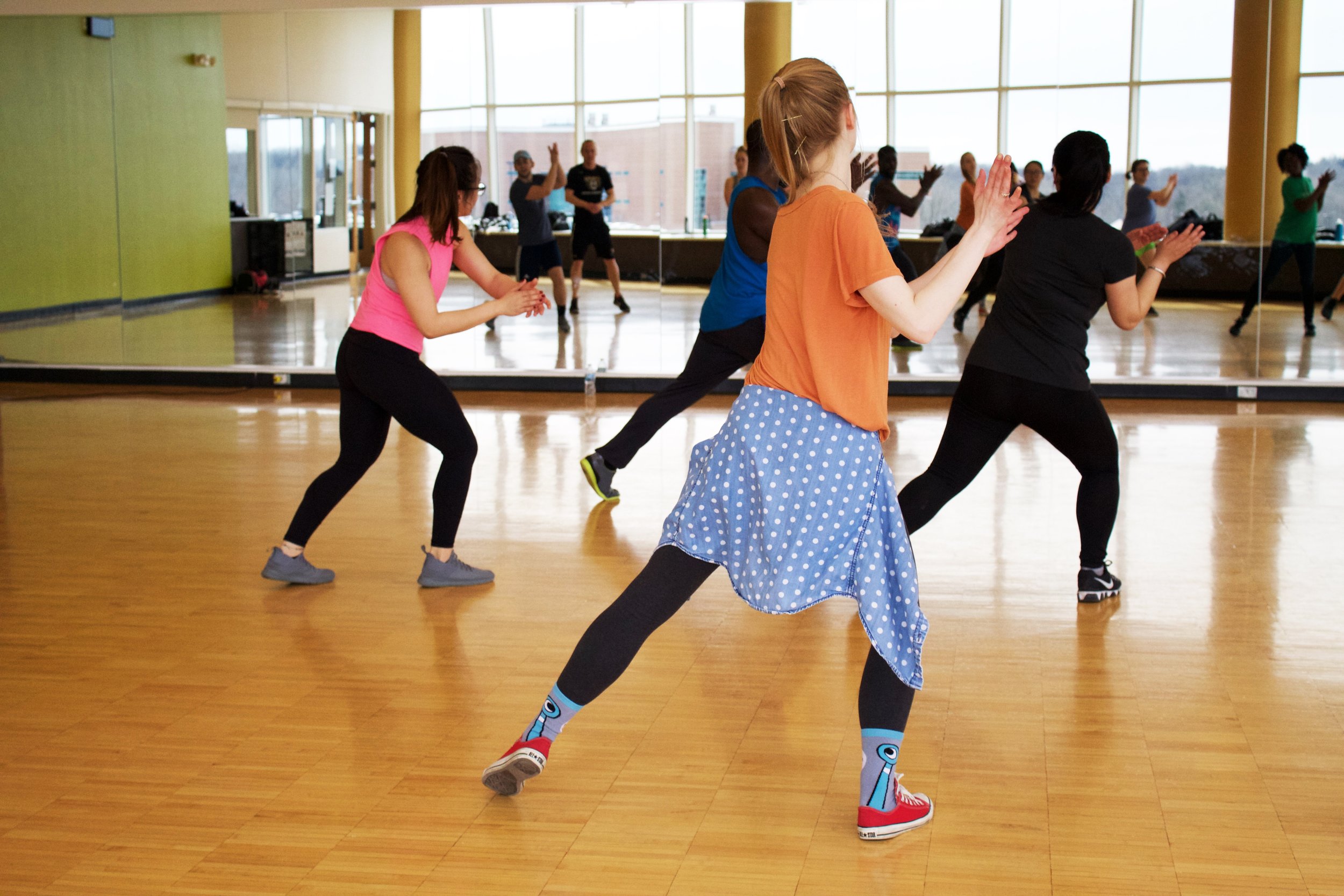Two Powerful Practices to Get Things Done
/High-intensity. Does the thought of high-intensity excite you or make you back away?
Multi-tasking. Do you like trying to multi-task or does it exhaust you?
Believe it or not, these two concepts are related. But only one of these is a powerful way to get things done. High-intensity here is not about physical intensity (e.g. wind sprints, hill work, interval training). Mental high-intensity is our focus ... literally. You can use your exercise time to increase your ability to concentrate, which increases your ability to get things done.
Multi-tasking generally decreases performance by up to 40% according to Schwartz and Goldstein (2017). In a study by Gallagher (2009), distractions increased brain fatigue and thoughts began to wander toward negativity.
So, how do you train for better focus? Here are two ways:
Practice mindfulness when you workout.
Pay close attention to one of aspect of your exercise. For example, while walking focus intently on the breath or foot strike or arm swing. After a minute or two (or five) bring your attention to another aspect. Or during a bicep curl, think about how the biceps feel as they contract and then focus on executing the curl with perfect form. This practice will both train you to focus and will relax you into the moment.
Add feedback to focus for deliberate practice.
I was first introduced to the concept of deliberate practice in the book "Left Brain, Right Stuff" by Philip Rosenzweig. His illustrations showed that deliberate practice was good for situations of repeatable skills (playing an instrument) and was not useful in non-repeatable scenarios (making a "big decision"). This makes sense.
If you are deciding whether to take a job in another state and move your family, you don't get the feedback for whether that was a "good" decision until months later. Plus, you hope not to repeat that decision very often. (For a detailed explanation of deliberate practice, read "The Talent Code" by Daniel Coyle.)
Repeatable scenarios, including public speaking, cooking, crafts, customer interactions, bookkeeping, and evaluating processes in your daily life to name a tiny few, each give you feedback regularly. So it is worth using your exercise time to hone your deliberate practice skills.
How to use deliberate practice in your workouts?
First
Set a goal in your exercise performance that is just outside your regular routine. For example, learn a new leg exercise, or begin taking a Pilates or barre or martial arts class.
Second
Break the new skill into chunks. If the leg exercise is a walking lunge, learn to swing your leg into position and catch your balance first. Another day, learn to engage the front leg to pull you up and forward. Master each phase of the lunge.
Third
Get feedback. From your trainer, get feedback on your form. From your body, get feedback on what muscles are engaging as you move.
As you learn to focus intently on one moment and then engage feedback to fine-tune the next moment of your workouts, these skills will translate into greater mindfulness, productivity, and mastery practice in your life. (Side bonus - you'll get better workouts, too.)







